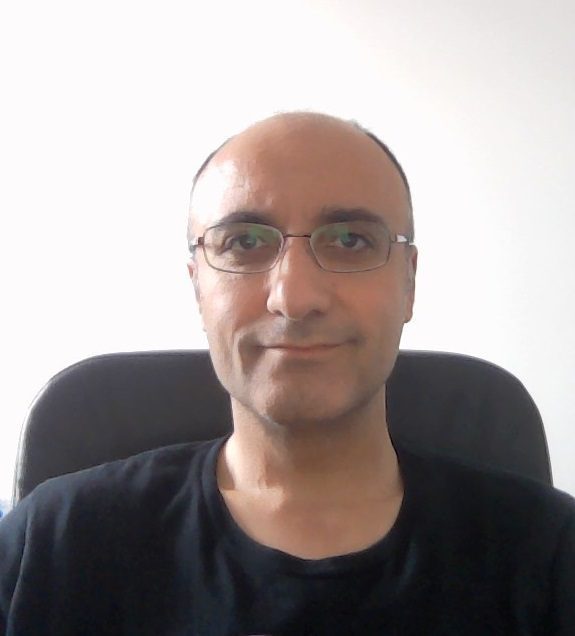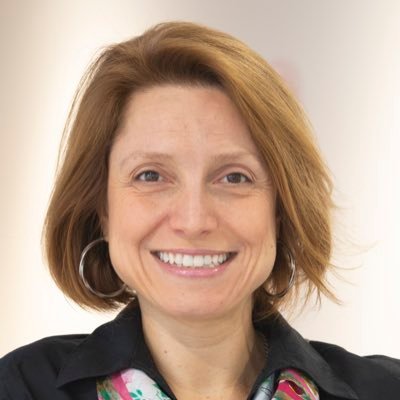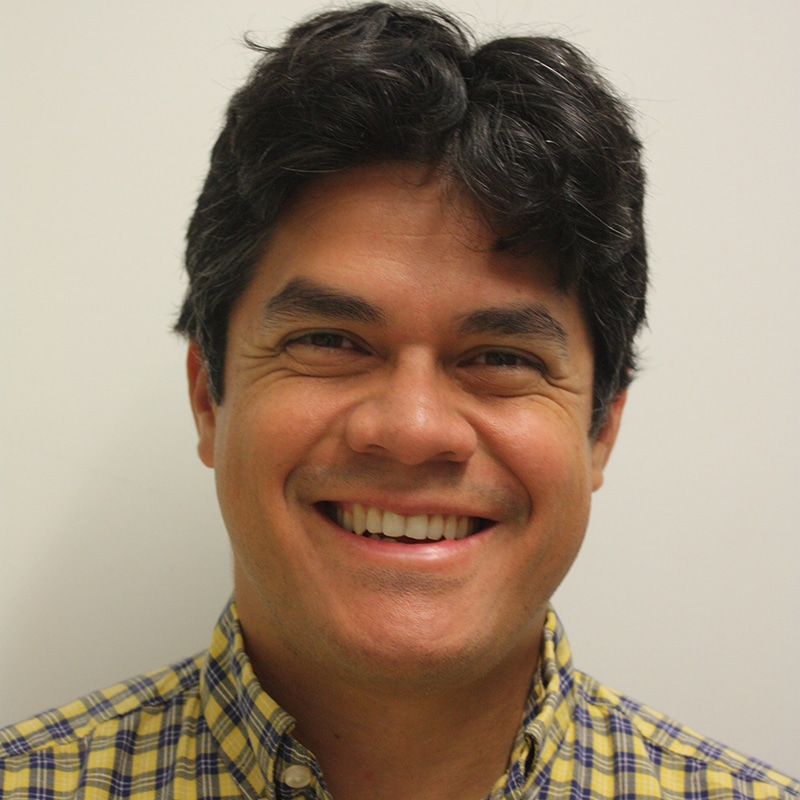Time in Eastern Time (US & Canada).
June 12, 2024
Post & vote questions for the panel discussions, here:
Please submit and vote for the questions that you would like to be discussed during the panels. The topic of each panel is aligned with the theme of each session. Please specify the session number of the panel when posting your questions. For example: [Session I] What new security & privacy questions have bee n brought by LLMs?
| 8:30 – 9:00 | Breakfast (—) |
| 9:00 – 9:15 |
SEMLA 2024 Opening Session Opening by Prof. Foutse Khomh |
| Session I: Privacy and Security of AI/FMs – Session chair: Mohammad Hamdaqa (Polytechnique Montréal, Canada) | |
| 9:15-10:45 | Negar Rostamzadeh (Google, MILA, Canada): Beyond the ML Model: From Plane Crash to Algorithmic Harms. Xi He (University of Waterloo, Vector Institute, Canada): Protecting User Privacy in the Age of AI: Challenges and Opportunities. |
| 10:45-11:00 | Coffee break |
| 11:00-11:30 | Elnaz Kanani (Deloitte Canada): Enhancing public services: leveraging artificial intelligence for government efficiency |
| 11:30-12:30 |
Panel Discussion Moderator: Foutse Khomh (Polytechnique Montréal, Canada) Negar Rostamzadeh (Google, MILA, Canada) Xi He (University of Waterloo, Vector Institute, Canada) Elnaz Kanani (Deloitte Canada) David Lo (Singapore Management University, Singapore) |
| 12:30-14:00 | Lunch break |
| Session II: Engineering of Trustworthy FMs – Session chair: Zohreh Sharafi (Polytechnique Montréal, Canada) | |
| 14:00-15:30 | Ahmed E. Hassan (Queen’s University, Canada): AIware: Re-thinking software and software engineering in the foundation model era Jie Zhang (King’s College London, UK): Mutation for Assessing and Optimising AI Systems |
| 15:30-16:00 | Coffee break |
| 16:00-16:30 | Karime Maamari (Distyl AI, USA): Tackling NL-to-SQL’s End-to-End Cross-Cutting Issues: Strategic Preprocessing and Optimization |
| 16:30-17:30 |
Panel Discussion Moderator: Michael W. Godfrey (University of Waterloo, Canada) Ahmed E. Hassan (Queen’s University, Canada) Jie Zhang (King’s College London, UK) Karime Maamari (Distyl AI, USA) Emilio Rivera-Landos (Desjardins, Canada) |
| 17:30-19:00 | Reception & Poster session (Atrium Lassonde (M-3500) — Poster chair: Mohammad Hamdaqa & Bentley Oakes |
June 13, 2024
| 8:30 – 9:00 | Breakfast (—) |
| Session III: AI/FMs for Software Engineering – Session chair: Maxime Lamothe (Polytechnique Montréal, Canada) | |
| 9:00-10:30 | Denys Poshyvanyk (William & Mary, USA): Towards an Interpretable Science of Deep Learning for Software Engineering: A Causal Inference View Prem Devanbu (UC Davis, USA): Bimodality in Software |
| 10:45-11:00 | Coffee break |
| 11:00-11:30 | Anh Nguyen-Duc (South Eastern Norway and Norwegian University of Science and Technology): On the impact of GenAI in software development – the state of art and future prospects |
| 11:30-12:30 |
Panel Discussion Moderator: Houari Sahraoui (Université de Montréal, Canada) Denys Poshyvanyk (William & Mary, USA) Prem Devanbu (UC Davis, USA) Anh Nguyen-Duc (South Eastern Norway and Norwegian University of Science and Technology, Norway) Shin Hwei Tan (Concordia University, Canada) |
| 12:30-14:00 | Lunch break |
| Session IV: FM trade-offs: efficacy, efficiency, security, transparency, and fairness – Session chair: Ali Ouni (École de technologie supérieure, Canada) | |
| 14:00-15:30 | David Lo (Singapore Management University, Singapore): Efficacy, Efficiency, and Security of Code LLMs: Promises and Perils Lingming Zhang (University of Illinois at Urbana-Champaign, USA): Towards Crystal-clear Code LLMs: StarCoder2 and Magicoder |
| 15:30-16:00 | Coffee break |
| 16:00-16:30. | Golnoosh Farnadi (McGill University, Canada): Algorithmic Fairness: From Traditional ML to Foundation Models |
| 16:30-17:30 |
Panel Discussion Moderator: Banani Roy (University of Saskatchewan, Canada) David Lo (Singapore Management University, Singapore) Golnoosh Farnadi (McGill University, Canada) Lingming Zhang (University of Illinois at Urbana-Champaign, USA) Laurent Barcelo, Partner and CTO (Videns Analytics, Canada) |
| 17:30-18:00 | Closing remarks |



























 Abstract: Anomaly detection plays an important role in management of modern large-scale distributed systems. Logs, which record system runtime information, are widely used for anomaly detection. However, Unsupervised anomaly detection algorithms face challenges in addressing complex systems, which generate vast amounts of multivariate time series data. Timely anomaly detection is crucial for managing these systems effectively and minimizing downtime. This proactive approach minimizes system downtime and plays a vital role in incident management for large-scale systems. To address these challenges, a method called Multi-Scale Convolutional Recurrent Encoder-Decoder (MSCRED) has been developed for detecting anomalies in CN PTC system logs. MSCRED leverages the power of multivariate time series data to perform anomaly detection and diagnosis. It creates multi-scale signature matrices that capture different levels of system statuses across various time steps. The method utilizes a convolutional encoder to capture inter-sensor correlations and a Convolutional Long-Short Term Memory (ConvLSTM) network with attention mechanisms to capture temporal patterns.
Abstract: Anomaly detection plays an important role in management of modern large-scale distributed systems. Logs, which record system runtime information, are widely used for anomaly detection. However, Unsupervised anomaly detection algorithms face challenges in addressing complex systems, which generate vast amounts of multivariate time series data. Timely anomaly detection is crucial for managing these systems effectively and minimizing downtime. This proactive approach minimizes system downtime and plays a vital role in incident management for large-scale systems. To address these challenges, a method called Multi-Scale Convolutional Recurrent Encoder-Decoder (MSCRED) has been developed for detecting anomalies in CN PTC system logs. MSCRED leverages the power of multivariate time series data to perform anomaly detection and diagnosis. It creates multi-scale signature matrices that capture different levels of system statuses across various time steps. The method utilizes a convolutional encoder to capture inter-sensor correlations and a Convolutional Long-Short Term Memory (ConvLSTM) network with attention mechanisms to capture temporal patterns.
 Abstract
Abstract Abstract: Language models such as RoBERTa, CodeBERT, and GraphCodeBERT have gotten much attention in the past three years for various Software Engineering tasks. Though these models are proven to have state-of-the-art performance for many SE tasks, such as code summarization, they often require to be fully fine-tuned for the downstream task. Is there a better way for fine-tuning these models that require training fewer parameters? Can we impose new information on the current models without pre-training them again? How do these models perform for different programming languages, especially low-resource ones with less training data available? How can we use the knowledge learned from other programming languages to improve the performance of low-resource languages? This talk will review a series of experiments and our contributions to answering these questions.
Abstract: Language models such as RoBERTa, CodeBERT, and GraphCodeBERT have gotten much attention in the past three years for various Software Engineering tasks. Though these models are proven to have state-of-the-art performance for many SE tasks, such as code summarization, they often require to be fully fine-tuned for the downstream task. Is there a better way for fine-tuning these models that require training fewer parameters? Can we impose new information on the current models without pre-training them again? How do these models perform for different programming languages, especially low-resource ones with less training data available? How can we use the knowledge learned from other programming languages to improve the performance of low-resource languages? This talk will review a series of experiments and our contributions to answering these questions.












